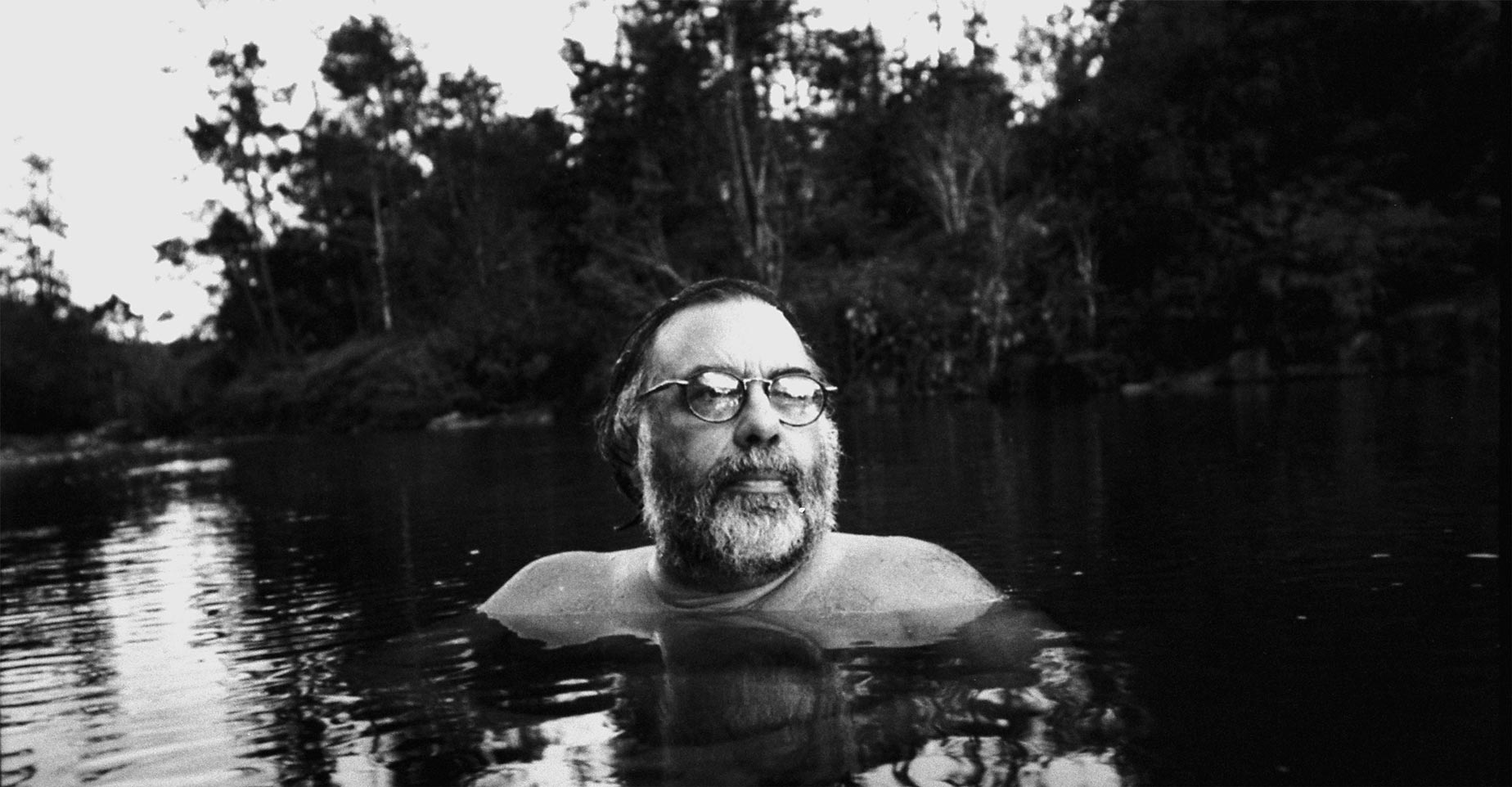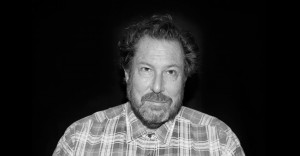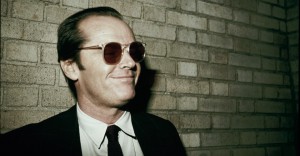Mr. Coppola, you once said that it is very difficult to be a good artist if you are rich. Do you still think the same way?
These days I think that it’s good to be rich because you are not going to make any money making personal films. (Laughs) Nobody will go see them. If you want to make money in the movie business you have to make the kind of movies that the biggest audience wants to see, a film that’s like some other movies they’ve seen. That’s why they make so many sequels. For them to create one movie is a risk and they don’t like risks. No business does.
Isn’t it hard to fight against this trend?
It’s hard when you ask the audience to go on a different trip than the one they already know. Also, the film industry doesn’t want to finance every movie that aims to be different. They want it to be like Coca-Cola. You get it and it’s Coca-Cola and you drink it and they make it again and again and again and they make good money.
What is the reason for this disinterest in art?
It happened a long time ago. When modern cinema and storytelling really became sophisticated in the silent era in Berlin and these Germans were learning how to tell a story with images, sound came in and stopped everything and movies became plays. Murnau once said sound was inevitable but that it came too soon because we were really learning how to make cinema. He died very young but he made many beautiful films.
What is your definition of success if you don’t care much about the commercial aspect of the film business anymore?
When you make a dinner and you invite ten people over and they eat the dinner, you want them to say, “Oh, what a nice dinner.” You don’t want them to say, “I hated the dinner, it was awful.” But in the movie business you can work a year and they say, “That’s stupid, it’s a mess, it’s horrible.” You would be heart broken if they reacted to your dinner that way. So you want people to enjoy it and you want to feel good that you were able to do it, but success is very illusory and it depends who’s interpreting it. Money is, of course, tangible which is why everybody wants it. I have the luck that I made a lot of money.
Enough to stay absolutely calm if your work fails at the box office?
I said to my wife once, “We own so much wine that we could drink day and night and when we die there will still be enough for a hundred years.” And money is like that, too. I could probably make a movie every year and a half and lose it. I could do that for a while.
Any chance that a big paycheck would still convince you to do a movie you don’t like?
I have to make movies because I love them. It’s so much work. You have to like what the movie is more than just, “Oh, I am doing a story about something.” And even when you do it for money you have to find something in there. It’s like a prostitute – she has to sleep with the guy, so she says, “Well, he has nice hair, he’s very kind, he has a pretty voice.” You find something about what you have to do. But when you don’t have to do it then you choose what you think is interesting.
What interests you?
I want to learn something. That’s the real pleasure, when you understand an idea or you answer a question. When I was a little boy I used to think you could get all the answers to all the questions. I thought that you could learn who God is and he will answer why he made me. You think you are going to get those answers but you don’t. (Laughs)
What did you learn by doing Apocalypse Now?
That a guy, having been blessed with the success of Godfather at 32 years old, could go off and make a film about Vietnam and no one would touch it – no studio would help him and none of his actors would join him – and then put up his own money, make a movie, and then be damned by Variety for having done this. It’s absurd. And then everyone applauds Superman – a man in a silly suit flying around. So that’s Apocalypse Now, that’s what it was about. That’s what I learned, that we live in a world of incredible contradictions that everyone accepts. Look at the movie industry: what is allowed to be made into a movie? It’s only a certain kind of thing. When someone goes and tries to make a movie that is personal and different there is barely any interest.
Today you seem to be very calm but sources say that you were much different years ago. Apparently after The Godfather and throughout the shooting of Apocalypse Now you became an eccentric version of Don Corleone yourself.
I was trained as a young person in theater and theater is very much like a family. You go to rehearsal and coffee after the rehearsal, you fall in love with the girl who’s there. It’s nice; you are all together and have lots of affection for the other members of the troupe. When I went to cinema school everyone was alone, they were editing, it was much more separate. So when I was successful after The Godfather I was much more like a theater and I had my own crazy friends like George Lucas or Martin Scorsese. I was very admired. Maybe it came from that.
You once said: “Happiness is happiness.”
I like that.
To be more concrete, what was your ultimate happiness thirty years ago and today?
When I was a little kid, happiness was when my uncles, my aunts, my cousins and all the others came around to our house. We would have dinner and they were drinking wine and there was apple juice – that was happiness. I always associated happiness with family, liking each other, getting along. And I think that’s still happiness, to see that everyone’s healthy, little kids are having fun, no one’s mad at anybody.
Would you say that you are less driven today than thirty years ago?
I am less anxious to have a successful career. There were times when I was anxious because I had children, I needed to support them and I was worried. Even in the past, people said, “You make successful films.” But my films were never successful. Apocalypse Now was a big worry and it took a long time. Even The Godfather got a terrible review in Variety that bugged me and scared me of course. So my films did better over time. Ten years later people said better things about them.
Is it a satisfaction for you to see that critics finally realize after a while that your movies are actually brilliant?
It would satisfy me except that they’re doing the same thing now! So I figure I have to wait ten years until they realize that what I’m doing now is interesting. But I don’t know if I have time to wait.
Return to Top

Short Profile
Name: Francis Ford Coppola
DOB: 7 April 1939
Place of Birth: Detroit, Michigan, USA
Occupation: Director





















“Happiness is happiness”. Yeah, I like that too.
What I read in between the lines is one thing, said simply with words like; “Produce” or “Create.” Everything else is foreplay and everyone in the game defines and/or needs that in their own way.
Love Francis…
he talks a little too much about how much money he made. I think he is still worrying to loose it. love his work though.